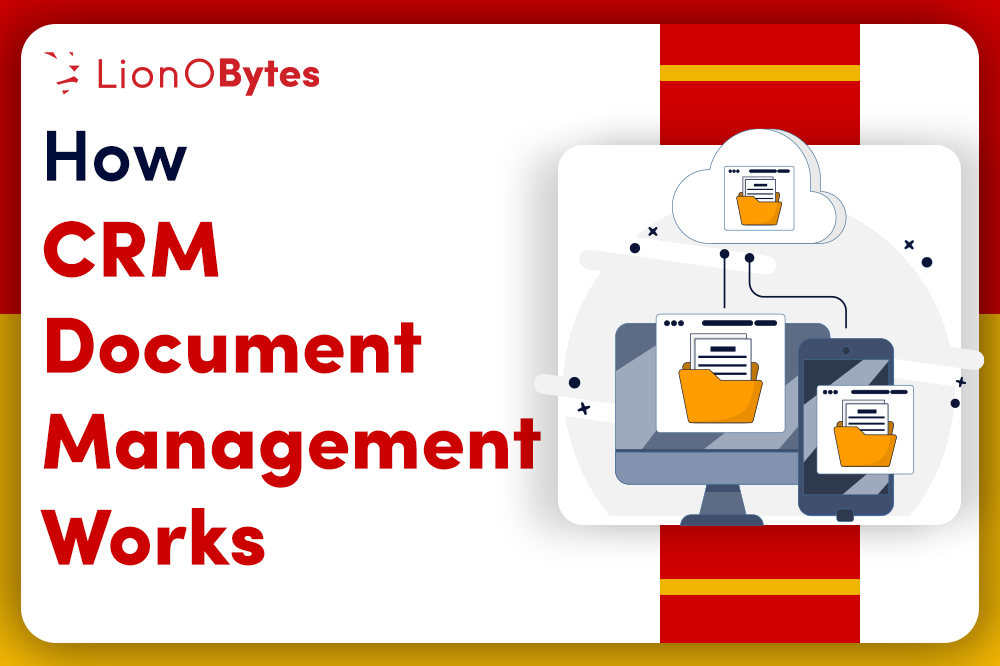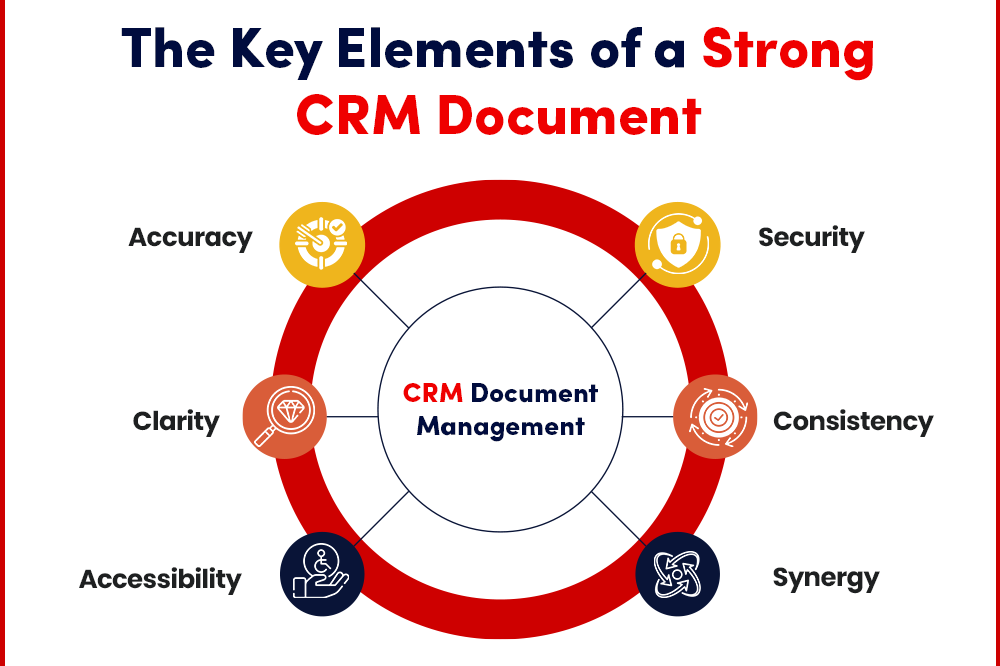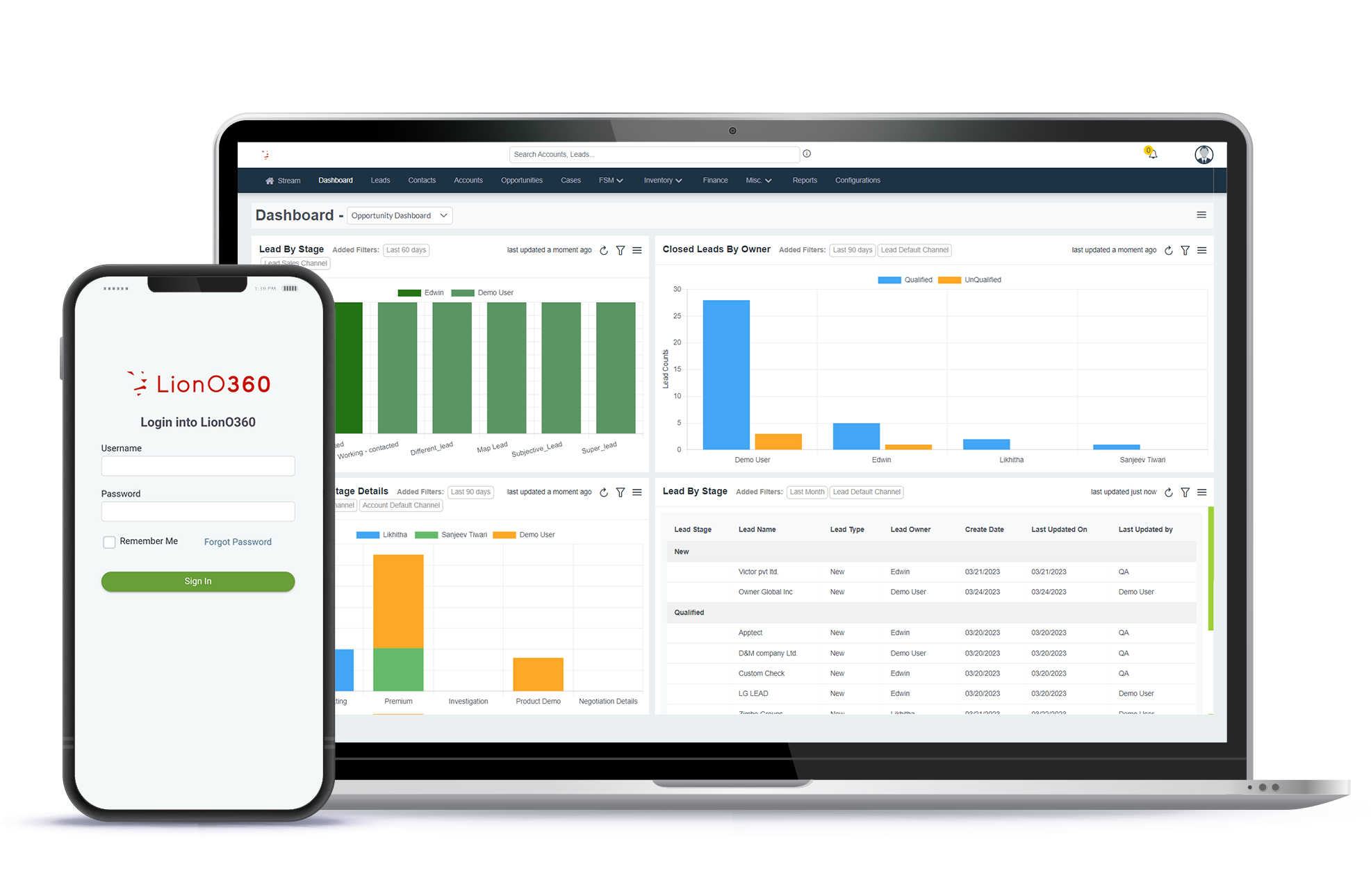
Have you ever tried to manage customer relationships without structure? You must know how chaotic it can get.
Documents are scattered across different storage; conversations are lost in email threads, and there is no clear record of what's been promised or delivered. Definitely a mess!
That is where a CRM document steps in. It is the glue that binds your customer information, interactions, and processes, ensuring everyone in your business is on the same page.
Let's dive into what a CRM document really is, why it matters, and how it can transform how you manage customer relationships.
What is CRM?
Before stepping down into document management, first understand that what is CRM. It is relationship management with the current and existing customers of the company. It is important because the coming year is going to be automated and you need more speed to run your process. The global CRM market was valued at USD 73.40 billion in 2024 and expected to reach USD 163.16 billion by 2030.
In brief, we can say that the CRM is managing customer bonds as well as maintaining customer data.
What is CRM Document Management?
Now, moving to document management. A CRM document is any file, record, or piece of information that supports your customer relationship management activities. It's a structured document that captures customer-related data, such as contact details, purchase history, communication logs, or service requests, and makes it accessible to the right people at the right time.
Think of it as a living record of your interaction with a customer. It doesn't just store information; it tells a story of how a relationship began, what customers care about, how their needs have changed, and how your business has responded over time.
CRM documents can take many forms. They can be digital notes, reports, proposals, contracts, follow-up schedules, or even internal performance summaries related to customer handling. The goal is simple: keep all customer-related information in one organized, traceable, and actionable place.

Why CRM Documents Matter
In business, time is currency and knowledge is power. When your team has quick access to precise, accurate customer data, everything becomes easier: communication, sales, support, and decision-making.
Here are a few reasons why CRM documents are so essential:
1. Consistency Across Teams
When multiple people interact with the same customer, it's crucial to maintain consistency. A CRM document ensures that everyone knows what's been discussed, what's been delivered, and what's pending. It keeps your messaging unified, preventing misunderstandings or repeated conversations.
2. Better Customer Experience
Nothing frustrates a customer more than having to repeat themselves. A CRM document lets your team pick up right where the last interaction left off. Whether a customer calls about a previous order or an unresolved issue, your team can instantly access their whole history.
3. Smarter Decision Making
CRM documents hold valuable insights. When you review these records, you can identify trends, customer preferences, and everyday challenges. These insights guide better marketing strategies, product improvements, and personalized communication.
4. Increased Productivity
When customer data is well-documented, teams spend less time searching for information and more time building relationships. It removes clutter and streamlines workflows, helping employees focus on what truly matters, customer satisfaction, and growth.
5. Transparency and Accountability
A well-documented workflow CRM system ensures that responsibilities are clear. Everyone knows who is handling which account, what's been promised, and what needs follow-up. This transparency builds accountability and reduces the chances of missed opportunities.
The Different Types of CRM Documents
CRM documents come in various types, depending on which stage of the customer journey they support. Let's break them down.
1. Customer Profile Documents
This is the foundation of any CRM system. A customer profile document contains essential details such as names, contact information, preferences, company details, and demographic information. It serves as a snapshot of who your customer is.
2. Interaction Logs
Every call, email, meeting, or chat should ideally be recorded in a CRM document. These logs track every touchpoint, providing a timeline of the relationship's evolution. They also help maintain a sense of continuity between different team members.
3. Sales and Opportunity Documents
When a potential deal is in progress, all related materials, proposals, quotes, product comparisons, or pricing sheets become CRM documents. They help track each opportunity stage and ensure smooth handoffs between sales and operations teams.
4. Service and Support Records
After a sale, customer service takes the lead. Support tickets, complaint logs, and resolution summaries are vital CRM documents that track service quality and enable quick problem resolution.
5. Follow-Up and Scheduling Documents
Reminders, follow-up plans, and scheduled tasks are also part of the CRM documentation process. They help maintain regular communication and prevent leads or customers from slipping through the cracks.
6. Feedback and Survey Forms
Customer feedback forms, survey results, and satisfaction records are valuable CRM documents that show how your customers perceive your brand and products. They guide continuous improvement.
7. Internal Strategy Documents
Internal reports, sales forecasts, and communication templates are also part of CRM documentation. They align your internal strategy with customer expectations.
How CRM Documents Improve Business Processes
CRM documents act as the nervous system of a business, connecting different functions and ensuring seamless information flow. Let's look at how they elevate various business operations.
Sales Efficiency
Sales teams thrive on timing and information. A CRM document gives sales professionals a complete picture of their prospects from contact history to purchase patterns. With this knowledge, they can tailor pitches and close deals faster.
Customer Service Excellence
Customer service representatives rely heavily on CRM documents to provide quick and personalized support. When they have all the interaction records in front of them, they can resolve issues without asking repetitive questions, creating a smoother customer experience.
Marketing Precision
Marketing teams use CRM documents to segment audiences, design personalized campaigns, and track responses. They can identify which customers are more likely to respond to certain offers or messages.
Team Collaboration
CRM documentation breaks down silos between departments. Marketing, sales, and customer service can work together using the same data. It ensures that everyone's efforts are aligned toward a single goal, customer satisfaction.
Management Oversight
For managers, CRM documents offer visibility to the team's performance. They can review progress, identify bottlenecks, and make informed decisions. It eliminates guesswork and brings data-backed clarity.
Next-Level Document Management Starts with LionOBytes CRM

Managing documents efficiently is critical for any growing business and LionOBytes takes this process to the next level. With its advanced document management capabilities, businesses can securely store, organize, and access files in one centralized platform. No more juggling multiple tools or losing track of important paperwork, LionO360 CRM ensures that every document is just a click away.
The system offers seamless integration with your existing workflows, enabling teams to upload, share, and collaborate on documents without compromising security. Built-in version control and role-based access guarantee that sensitive information stays protected while maintaining transparency across departments.
By adopting LionO360 CRM, businesses not only reduce manual effort but also improve productivity and decision-making. Its intuitive interface and AI-driven features make document retrieval faster and smarter, saving valuable time for your team. Book your free CRM demo now!
Also Read: Top CRM Features for Growing Business
Frequently Asked Questions
What is CRM?
CRM, or Customer Relationship Management, is the process of managing the relationships a company has with its current and existing customers. It focuses on maintaining customer bonds and organizing customer data, which is crucial for business speed and efficiency, especially as the global market for CRM continues to grow significantly.
What is a CRM document?
A CRM document is any file, record, or piece of information that supports your customer relationship management activities. It's a structured record that captures customer-related data, such as contact details, purchase history, communication logs, or service requests, making it accessible to the right people at the right time. It acts as a living record of your interactions, telling the story of your relationship with a customer.
Why do CRM documents matter for a business?
CRM documents are essential because they provide quick access to precise, accurate customer data, making communication, sales, support, and decision-making easier. They ensure consistency across teams, lead to a better customer experience by preventing repetition, enable smarter decision-making through valuable insights, increase team productivity by streamlining workflows, and foster transparency and accountability within the organization.
How do CRM documents improve business processes?
CRM documents significantly improve various business processes by acting as a central nervous system. They enhance sales efficiency by providing complete prospect pictures, elevate customer service excellence through quick and personalized support, enable marketing precision by segmenting audiences for targeted campaigns, foster better team collaboration by breaking down departmental silos, and offer management oversight through clear visibility into performance and progress.












